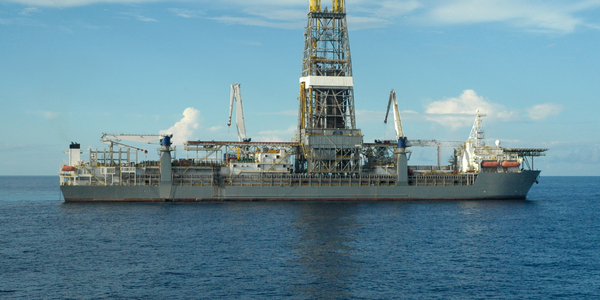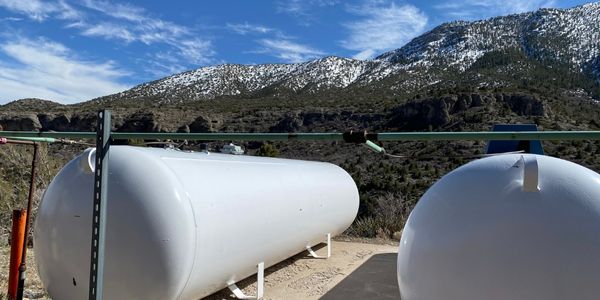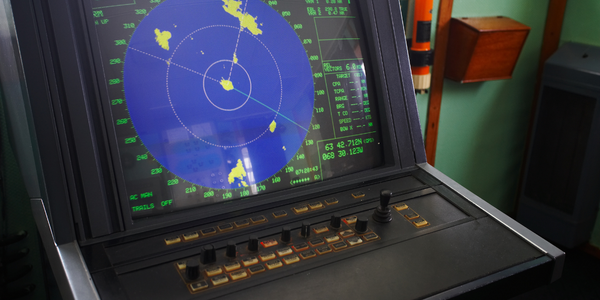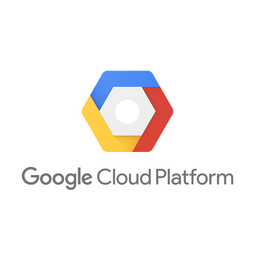Customer Company Size
Large Corporate
Region
- Europe
Country
- Germany
Product
- Google Analytics 360 Suite
- Google Tag Manager 360
Tech Stack
- HTML
- Google Analytics
- Google Tag Manager
Implementation Scale
- Enterprise-wide Deployment
Impact Metrics
- Productivity Improvements
- Customer Satisfaction
Technology Category
- Analytics & Modeling - Real Time Analytics
Applicable Industries
- Marine & Shipping
Applicable Functions
- Sales & Marketing
- Business Operation
Use Cases
- Real-Time Location System (RTLS)
- Predictive Quality Analytics
Services
- Data Science Services
- System Integration
About The Customer
AIDA Cruises is a market leader in the cruise industry, offering cruises as a modern lifestyle product. The company is based in Germany and plays a key role in the European market. Vacationers come to the AIDA website from all over Europe to learn about cruises and book options before, during, and after their journeys. AIDA's goals are to offer guests an unparalleled vacation experience, continue to improve the environment, and create a secure, success-oriented future for all employees.
The Challenge
AIDA Cruises, a market leader in the cruise industry, wanted to understand the online journey of its customers: how customers were acquired, how they behaved, and when they converted. The company aimed to offer guests an unparalleled vacation experience, improve the environment, and create a secure, success-oriented future for all employees. AIDA needed to relaunch thousands of pages, including a full online booking system, and track the results. The company wanted to create an agile and scalable reporting and analysis environment to help all teams access data to enable better decisions.
The Solution
AIDA partnered with Trakken, a Google Analytics 360 authorized reseller, to create a best-in-class analytics environment using the Google Analytics 360 Suite. Trakken set up Google Analytics 360 and Google Tag Manager 360 to create an agile, scalable environment for data reporting and analysis. Tag Manager 360 made it easy for the AIDA team to deploy and test new tags on all pages, and to standardize tag code and quality across all AIDA domains. The faster Tag Manager 360 deployment process required far less time and input from AIDA’s IT team, reducing the time needed to deploy new tags from 21 days to a single day. Trakken implemented auto-event tracking, a Tag Manager 360 solution that automatically generates an event each time a person clicks an HTML element within a page. This event can be sent to Analytics 360 using an event tracking tag. Coupled with e-commerce tracking, event tracking tags gave AIDA a deeper and clearer view of customers’ actions.
Operational Impact
Quantitative Benefit

Case Study missing?
Start adding your own!
Register with your work email and create a new case study profile for your business.
Related Case Studies.

Case Study
Drill ship power challenge: hybrid solution solves distribution issues
Aspin Kemp & Associates (AKA), a manufacturer of electrical power and control systems headquartered in Montague, PEI, encountered one with its hybrid power initiative, the first hybrid drill floor destined for installation on ultra-deepwater drill ships operated by Transocean, Swiss offshore drilling contractors. Since on-site modification was impossible and scrap recycling of any modifications was unacceptable, the enclosures had to arrive ready-to-install.

Case Study
Ensures Tanker Safety and Emissions Compliance
Storage tanks are irregular in shape and a certain amount of mathematical modelling is required to get an accurate representation of volume and, more importantly, the weight of material in each tank. In addition, countries have different emission regulations, so the ships position needed to be accurately known in order to geotag emission data.

Case Study
Real-time Networked Sonar System for Ships
A multinational, knowledge-based corporation that delivers marine electronics solutions is utilizing industrial Ethernet technology to help ensure that operations at sea are dependable and optimal. Based in Europe, the company has nearly 4000 employees working in 20 countries around the world, and produces high-tech systems for offshore oil and gas operations, merchant marine systems, and various applications for the defense and aerospace industries. The company produces products and systems used by merchant vessels and offshore installations for positioning, navigation, automation, as well as for surveying and monitoring the seabed, and for fishing vessels and fi sheries research. As one of the major suppliers of high quality marine electronics in the world, their products include chart plotters for yachts, triple redundant dynamic positioning systems for oil drilling rigs, and sonar and instrument systems for scientifi c research vessels. Products used for marine applications must be rugged enough to endure the corrosive effects of salt water, and be able to withstand excessive amounts of vibration and shock. For this reason, the company only uses DNV and GL certified products and components to ensure that their systems can meet the high standards required by the maritime industry.

Case Study
Fleet Management Connectivity Solution for Marzam
Marzam, in order to ensure the best service, invested 3 million dollars in the construction of 2 fuel oil tanks with 40k gallons and 10k gallons capacity each, located in Manta, Ecuador. The customer needs to keep fleet operations going with fuel available at all times in order to guarantee quality of service. KEY ELEMENTS FOR THE CUSTOMER: Real-time level monitoring: Tank infrastructure remote level monitoring. Configure alerts and notifications when reaching critical values to avoid the need for emergency refills and optimize supply schedules. Real-time consumption monitoring: The customer needed an easy way to monitor in real-time accurate values of consumption.

Case Study
Mitsubishi Electric's Edge Computing Solution Powered by Wind River VxWorks
Mitsubishi Electric Corporation, a global leader in factory automation (FA) applications, identified edge computing as a critical component of the Industrial Internet of Things (IIoT). The company aimed to enhance device and data security, reduce data traffic to the cloud, and enable faster response to network or device issues. In 2018, Mitsubishi Electric launched its first line of industrial hardware products designed for edge computing, the MELIPC Series. The primary development goals for MELIPC were to support the type of edge computing promoted by Mitsubishi Electric and to introduce advanced vision technology for device control. The flagship computer of the MELIPC line, the MI5000, was designed to combine real-time equipment control with high-speed data collection, processing, diagnosis, and feedback in a single machine. However, the development team needed a real-time control platform that could seamlessly integrate real-time control with proven analytic and diagnostic applications.

Case Study
Migrating to Software-Only Licenses for More Responsive License Management
The world’s premier shipping companies work with the software solutions of ABB Marine & Ports to get their vessels safely and efficiently to their destinations. A loyal customer of Wibu-Systems for over a decade, ABB has been relying on CodeMeter dongles to store the license keys for their ABB AbilityTM Marine Advisory System - OCTOPUS.The current version of the system is using Wibu-Systems’ robust metal-case CmStick ME, a perfect choice for the rugged conditions at sea. As satellite communications has made fast Internet connections at sea a common reality for maritime operators, the company is looking to move from physical to software solutions to streamline its logistics processes.







